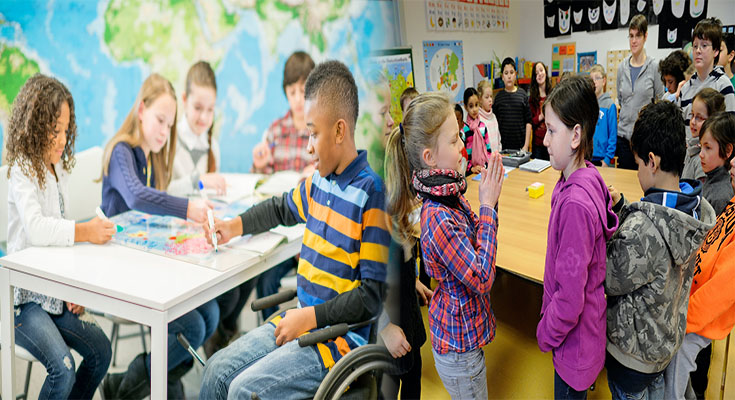
Real-Life Special Education Examples in Inclusive Classrooms
Inclusive classrooms are environments where students of all abilities learn together, fostering diversity, empathy, and mutual respect. Within these inclusive settings, special education teachers play a crucial role in supporting students with individualized learning needs. By implementing various strategies and accommodations, these educators ensure that every student can thrive and reach their full potential. In this article, we will explore real-life special education examples in inclusive classrooms that showcase the power of inclusive education.
1. Peer Tutoring and Collaborative Learning
In inclusive classrooms, peer tutoring and collaborative learning opportunities are often used to promote inclusion and support diverse learning needs. For example, a student with autism may benefit from working alongside peers who provide guidance and support during group projects. This not only enhances the academic performance of the student but also fosters social skills, teamwork, and a sense of belonging within the classroom community.
2. Flexible Seating Arrangements
Special …
Real-Life Special Education Examples in Inclusive Classrooms Read More


